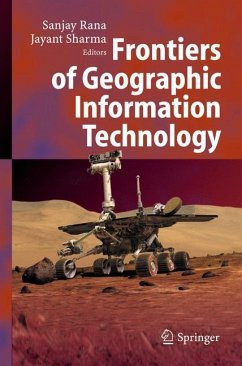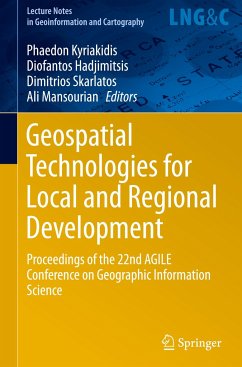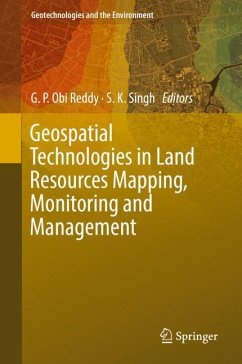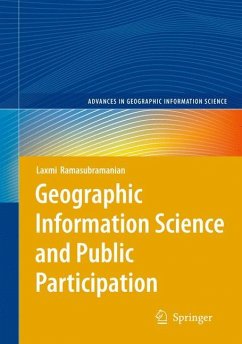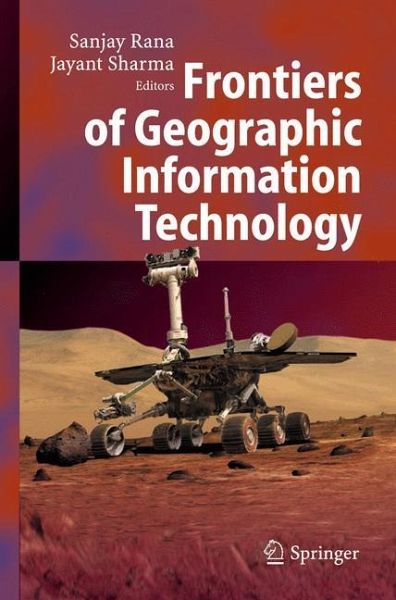
Frontiers of Geographic Information Technology

PAYBACK Punkte
58 °P sammeln!
Although designed primarily for desktop mapping and analysis, Geographic Information Systems have, for some years, been 'coupled' to other 'allied' technologies. This coupling or integration has occurred for some time due to the limitations in commercially available systems. It has occurred in several areas including visualisation (virtual reality), simulation (pedestrian, urban modelling), data storage and management (distributed or Internet GIS) and decision support. The chapters of the book, written by an international group of experts examine several of these discrete areas, focussing on t...
Although designed primarily for desktop mapping and analysis, Geographic Information Systems have, for some years, been 'coupled' to other 'allied' technologies. This coupling or integration has occurred for some time due to the limitations in commercially available systems. It has occurred in several areas including visualisation (virtual reality), simulation (pedestrian, urban modelling), data storage and management (distributed or Internet GIS) and decision support. The chapters of the book, written by an international group of experts examine several of these discrete areas, focussing on the use of GIS and the technology it has been allied to.





